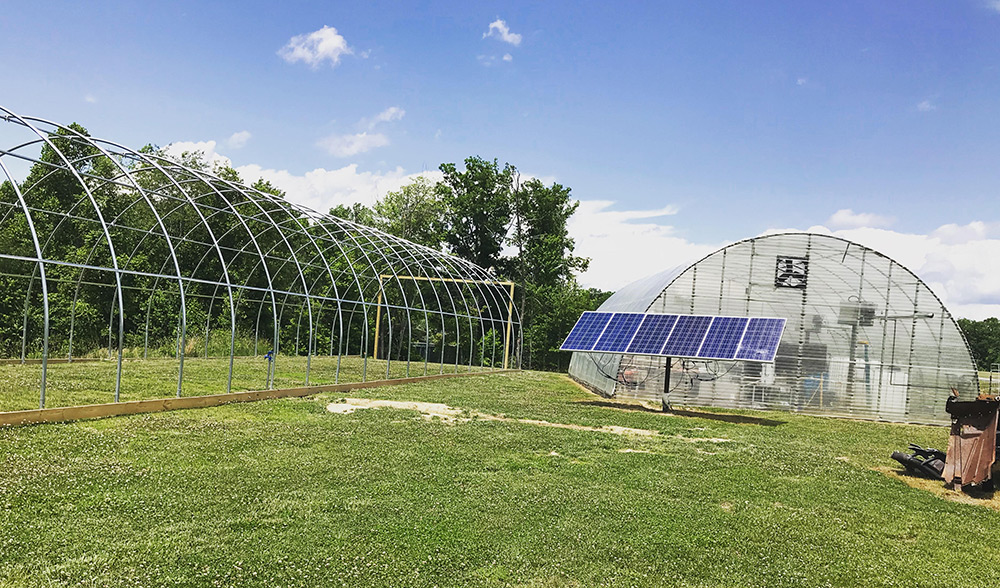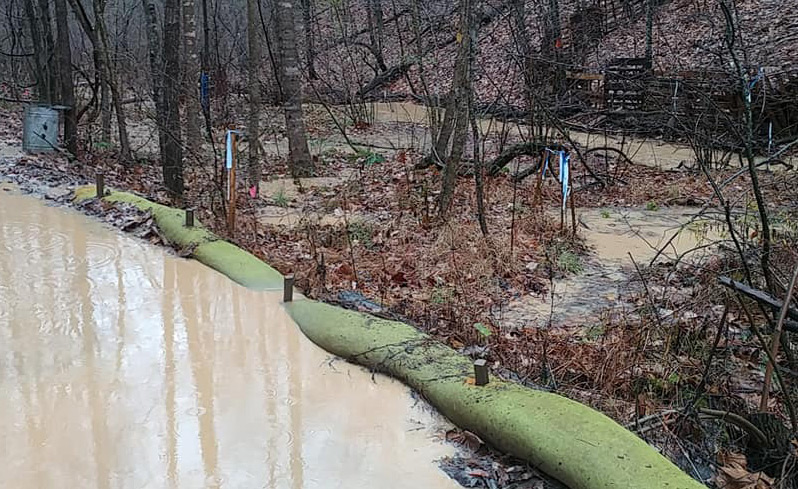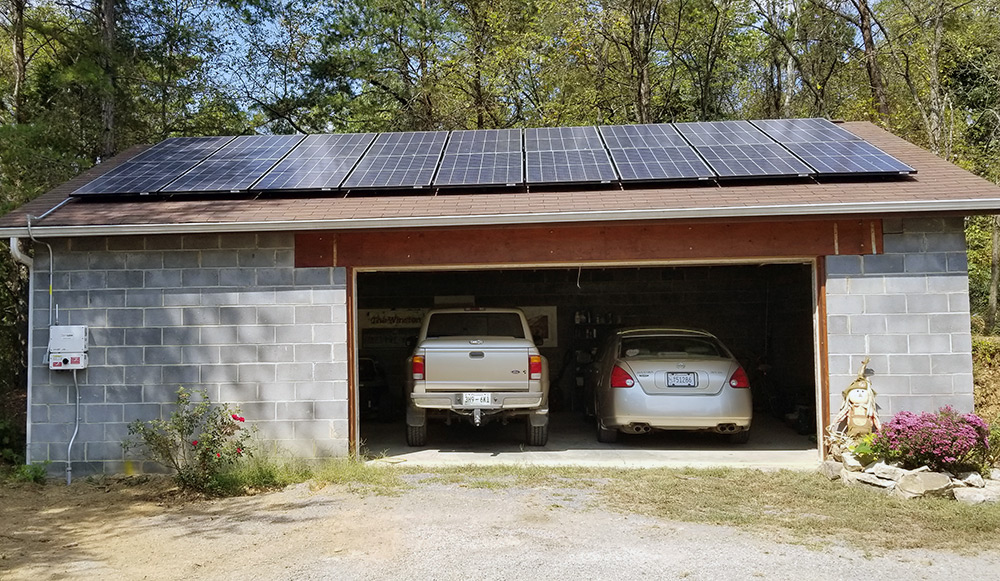2019 – December/January
Seeking a Path to 100% Clean Energy
Localities across Appalachia and the nation have pledged to fully convert to green power — but restrictive policies and monopoly utilities are holding them back.
Read MoreAppalachian Power Restricts Solar Savings in Virginia
Public schools and other government entities in Virginia are unable to take advantage of the cost-saving benefits of solar due to restrictive policies put in place by Appalachian Power.
Read MoreAn Appalachian Solar Tour
Numerous Appalachian homes and businesses took part in the 2019 National Solar Tour in October, sharing their experiences and opening their doors to the public to view their solar installations.
Read MoreA High Price for Low-Quality Water
Residents of Martin County, Ky., and many other rural communities often deal with contaminated water despite exorbitant monthly bills.
Read MoreMVP Ordered to Halt Work, Buckingham Gets Day in Court
Federal regulators ordered Mountain Valley Pipeline developers to halt work in mid-October, and a community’s legal challenge against a proposed compressor station in Union Hill, Va., moved forward.
Read MoreThreats to the Tree of Life
Magnificent, strong and once thriving in Appalachian forests, oaks now struggle to regenerate. As deadly diseases spread in other regions, a new alliance is emerging to protect this key species.
Read MoreTVA Stifles Small-Scale Solar in the Tennessee Valley
The Tennessee Valley Authority is ending its home solar program, called Green Power Providers, at the start of 2020.
Read MoreAppalachian Towns Show Support for Abandoned Mine Cleanup
Several communities have passed resolutions in support of congressional reauthorization of the Abandoned Mine Land program, and more are expected to consider the proposal.
Read MoreNorth Carolinians Speak Out Against Fracked Gas Projects
In November, North Carolina landowners and concerned residents spoke out against the proposed MVP Southgate Pipeline and a proposed liquefied natural gas facility.
Read MoreEast TN Coal Ash Concerns Continue
The Tennessee Valley Authority found traces of toxic coal ash in a mysterious dust coating homes and cars in Anderson County, Tenn. The monopoly utility is considering opening a coal ash landfill in Claxton, Tenn., despite local pushback.
Read More







